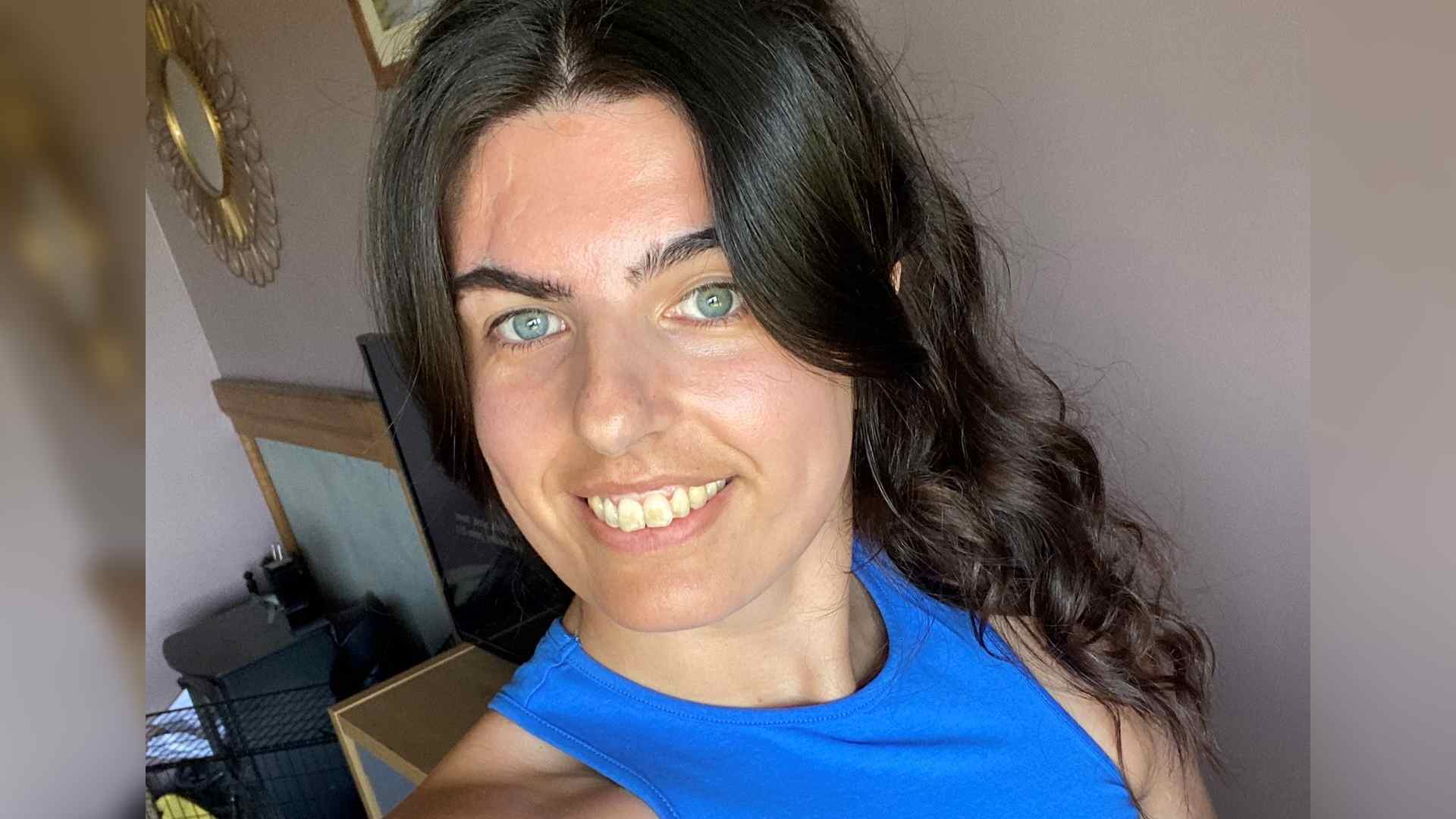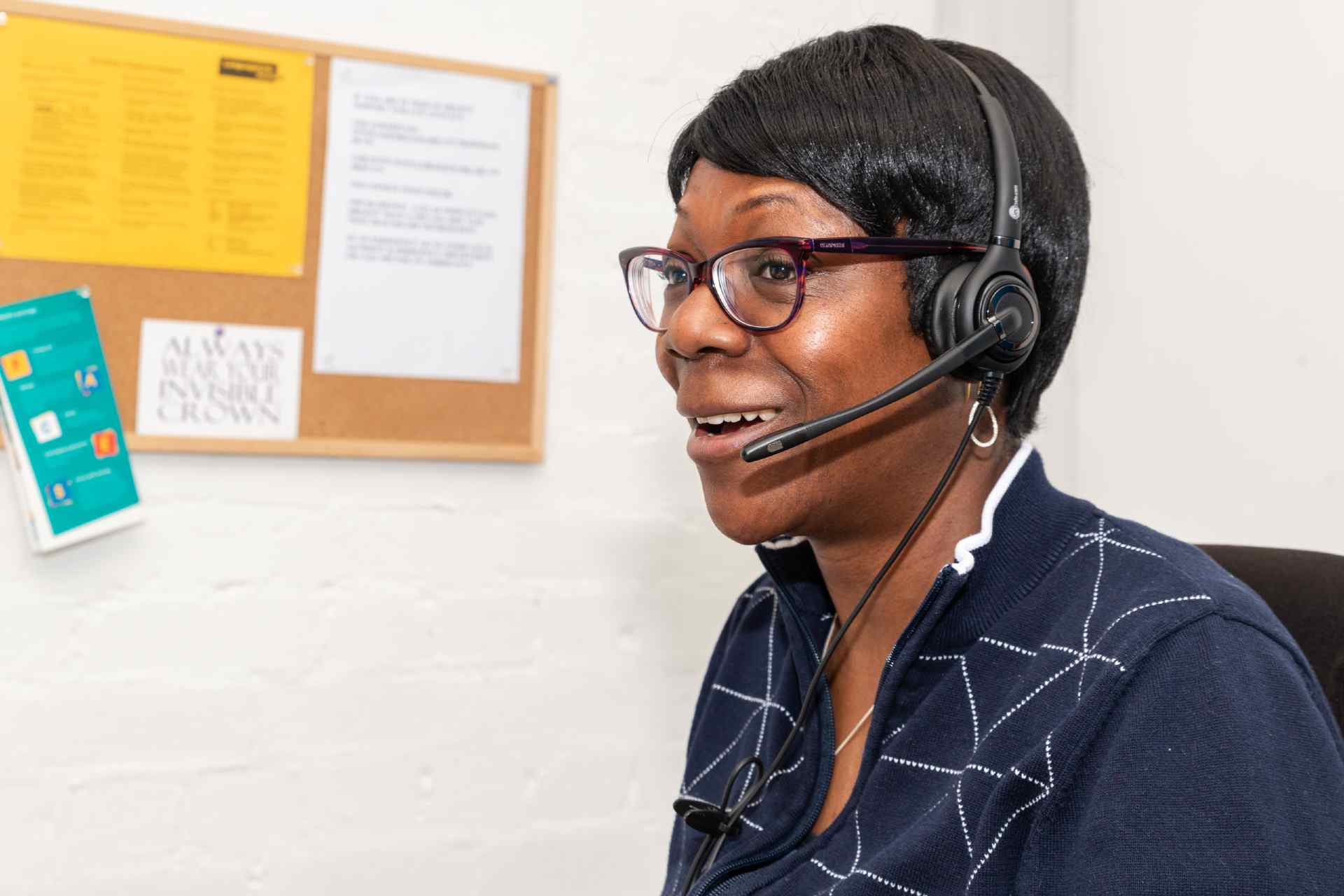My name is Sophie, and I have a scar through and above my left eyebrow from a car accident in Australia whilst I was travelling there. Coming to terms with having such a noticeable scar was challenging in itself, as our beauty standards do not account for this, with little to no representation in the media.
However, another difficult aspect of having a visible difference, which is rarely spoken about, is when your loved ones try to uplift you when you are coming to terms with your appearance. They have the best of intentions, and they want to see you do well, but, sometimes, they just don’t understand and can end up making you feel worse. Which you then feel bad about because they’re just trying to make you feel better!
There are two common comments that I know a lot of the visible difference community receive, which while well-intentioned, often leave people feeling deflated:
1. “It could be so much worse!”
I get where this sentiment comes from, I really do. However, it dismisses people’s feelings towards their visible difference. It implies that a person shouldn’t be down, or sad, or upset, or even struggling because “it could be worse”. It is completely invalidating.
My visible difference was a huge trauma to deal with, and for me, it’s not easily hidden. Being told, “it could be worse” after the fifteenth person of the day stares at you is exhausting. I do get it… People will have “worse” than me, but it isn’t a competition. I can only live by my experiences, and if my scar gets me down, it gets me down. People’s emotions are valid and true, and we are allowed to feel resentful.
2. “I never noticed it!”
Now we’re going the other way from the above. When you have strangers staring at you in the street, and someone else says they’ve never noticed your visible difference, it can feel like they’re lying. Again, I understand the sentiment behind it, but in my case, it’s on my face, my eyebrows do not match, and when my face is tanned, my scars are still pale. It irks me because it IS noticeable, I KNOW it’s noticeable and so someone saying the opposite is also invalidating.
People with visible differences don’t want to have to hide it. They want people to celebrate it as part of themselves. Do we want people staring? No. But acknowledging it won’t hurt us.
My scar is a part of me, and what I’ve been through – it shows what I’ve overcome. I’m proud of my visible difference. So, hearing someone say they don’t notice it can feel like they’re failing to acknowledge all the hard work I did to accept myself.
The most important role you can have as a loved one is to help, encourage and support bringing that amazing person back to the surface.
My advice to someone supporting a loved one with a visible difference comes from the great Ronan Keating: you say it best, when you say nothing at all. Just be a listening ear. I get that it’s incredibly hard to watch someone you love struggling and you want to help them in any way you can, but they probably don’t expect you to say anything to make them feel better. They’re not looking for compliments or attention seeking. They just need someone to talk to, to let it all out. You don’t need to understand or try to understand.
Listen and acknowledge. Perhaps compliment them on some other feature of themselves that isn’t based on physical looks: “you have your dream job!”, “you’re doing amazing in school!”, “you’ve kept your plants alive!”. Something to build that person up, because they’re still the same inside, it’s just buried a bit deeper than before. The most important role you can have as a loved one is to help, encourage and support bringing that amazing person back to the surface.

